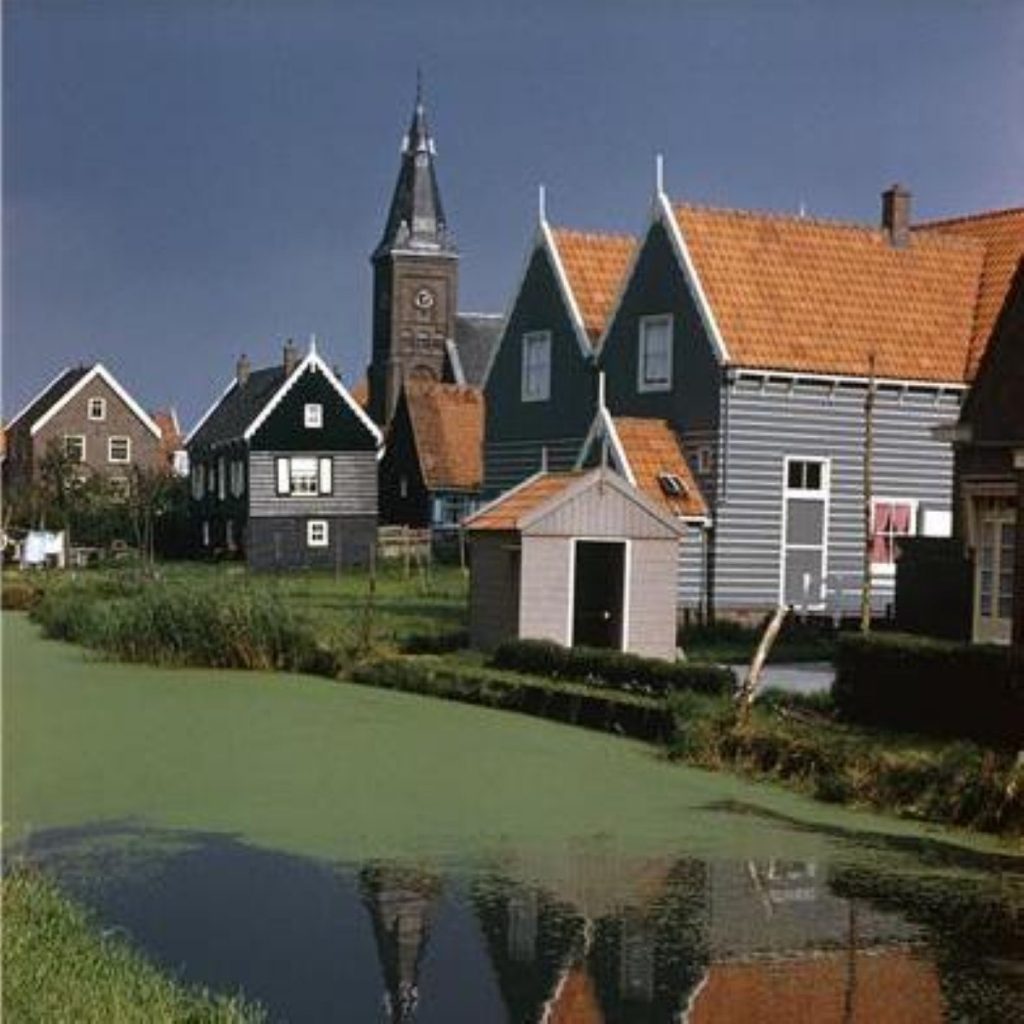CPRE: Greenfield development bad for urban regeneration
By Liz Stephens
Developing on greenfield land means brownfield developments suffer, The Campaign to Protect Rural England (CPRE) has said today.
In a study which draws on planning consents, housebuilding and construction costs over nine local authority areas, CPRE say they have found that urban regeneration is affected in areas which have significantly more greenfield than brownfield land supply.
The organisation say developers favour building on a greenfield site instead of in depressed urban areas because of the attendant problems of building on such a site.


This means that greenfield areas continue to be built on while urban areas in need of regeneration are neglected, CPRE said.
However, Adrian Harvey, head of public affairs for CABE (the governments’ built environment watchdog), criticised the report.
“It’s important to think of the nature of the site rather than its technical classification,” he told politics.co.uk.
“The assumption that all greenfield land is lovely countryside and all brownfield land is former industrial land within city centres is wrong.
The CPRE research claims that in some of the local authorities studied, high levels of housebuilding in one area sent market signals that made development less viable in other areas.
Kate Gordon, CPRE’s senior planner, said “Councils are expected to find land to accommodate the national target of three million new homes by 2020. Areas that have relied in the past on brownfield sites to meet housing needs, face pressure to allocate greenfield land for development.”
“We urge councils contemplating large-scale greenfield land releases not to proceed unless they are satisfied these will not harm prospects for redevelopment and regeneration”, she added.
Harvey disagreed that this would solve the problem.
“A blanket ‘no development’ on greenfield land doesn’t help urban regeneration,” he said.
According to the Empty Homes Agency, England has around 800,000 empty homes.









